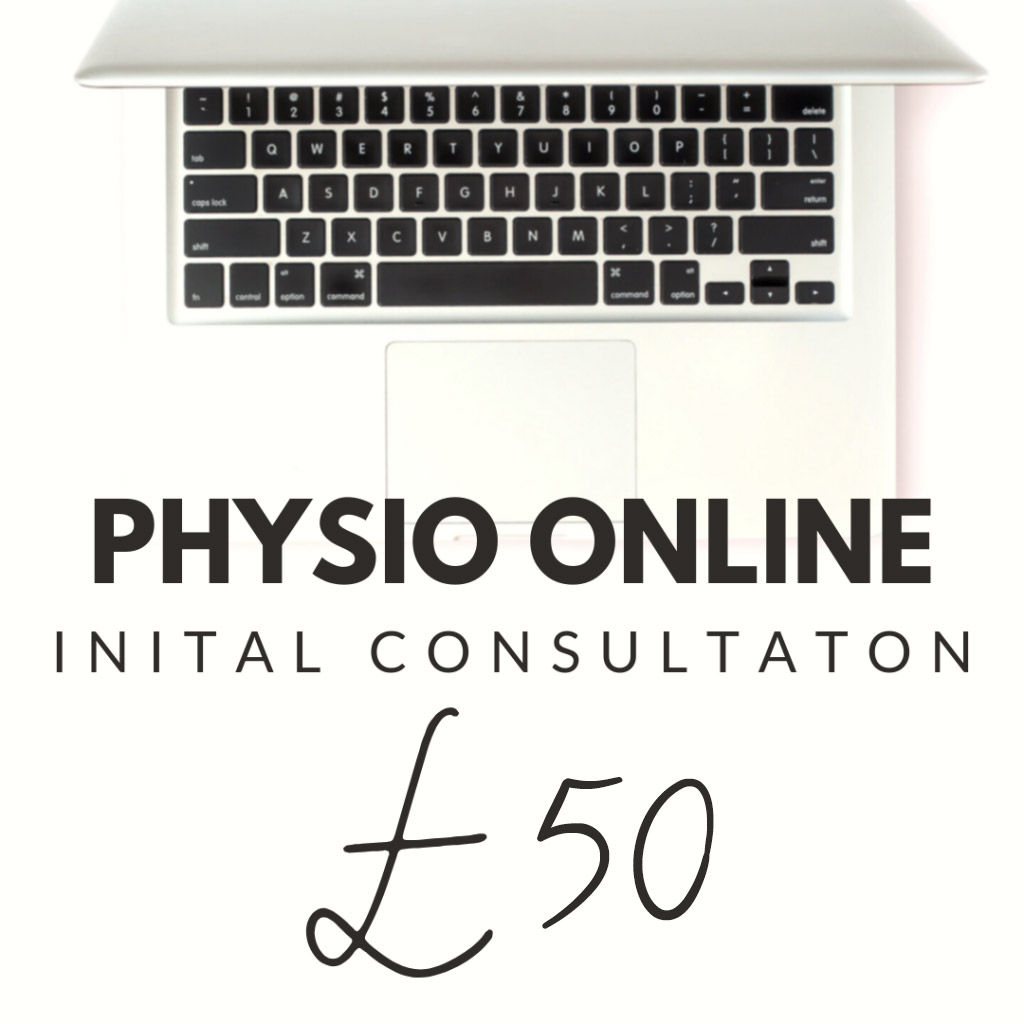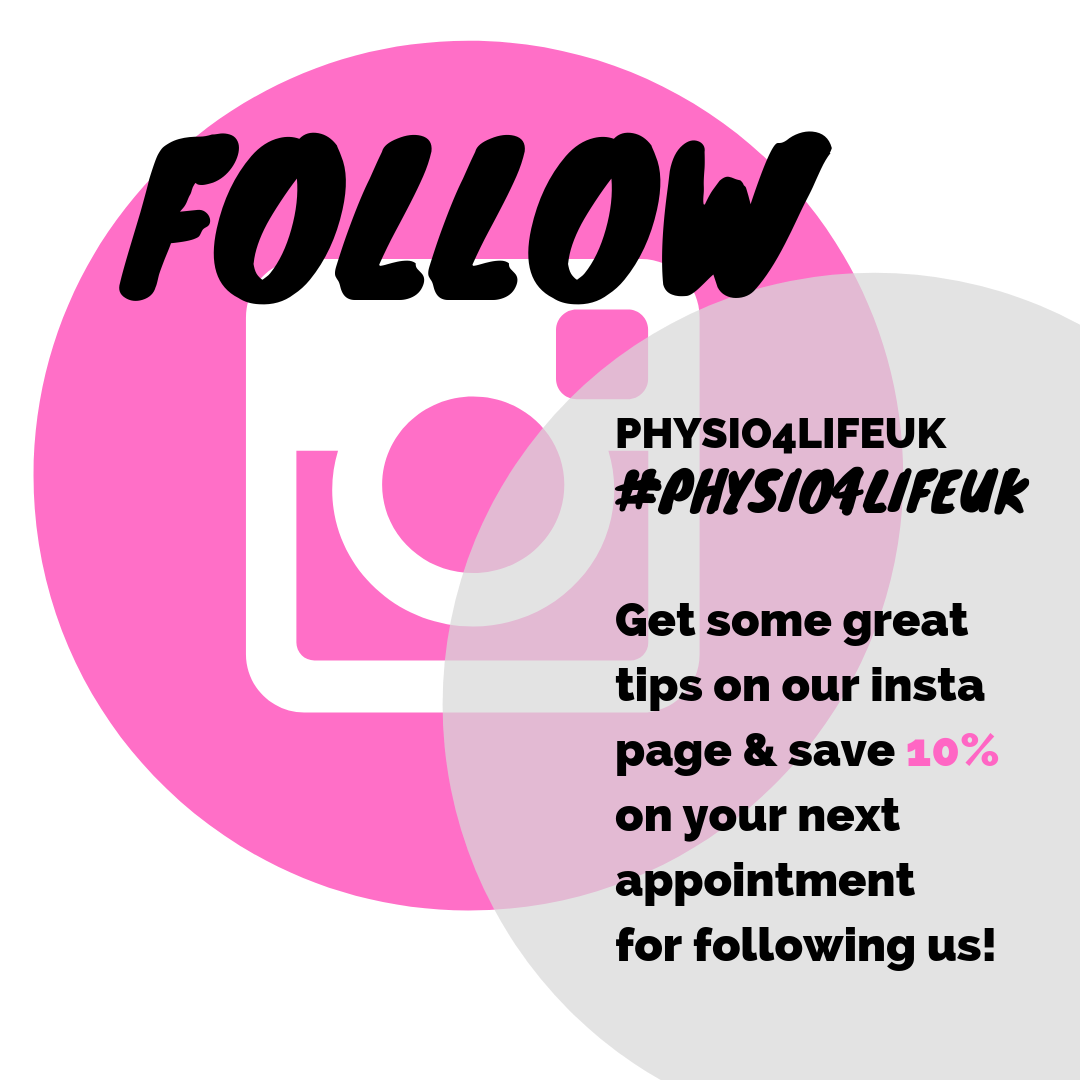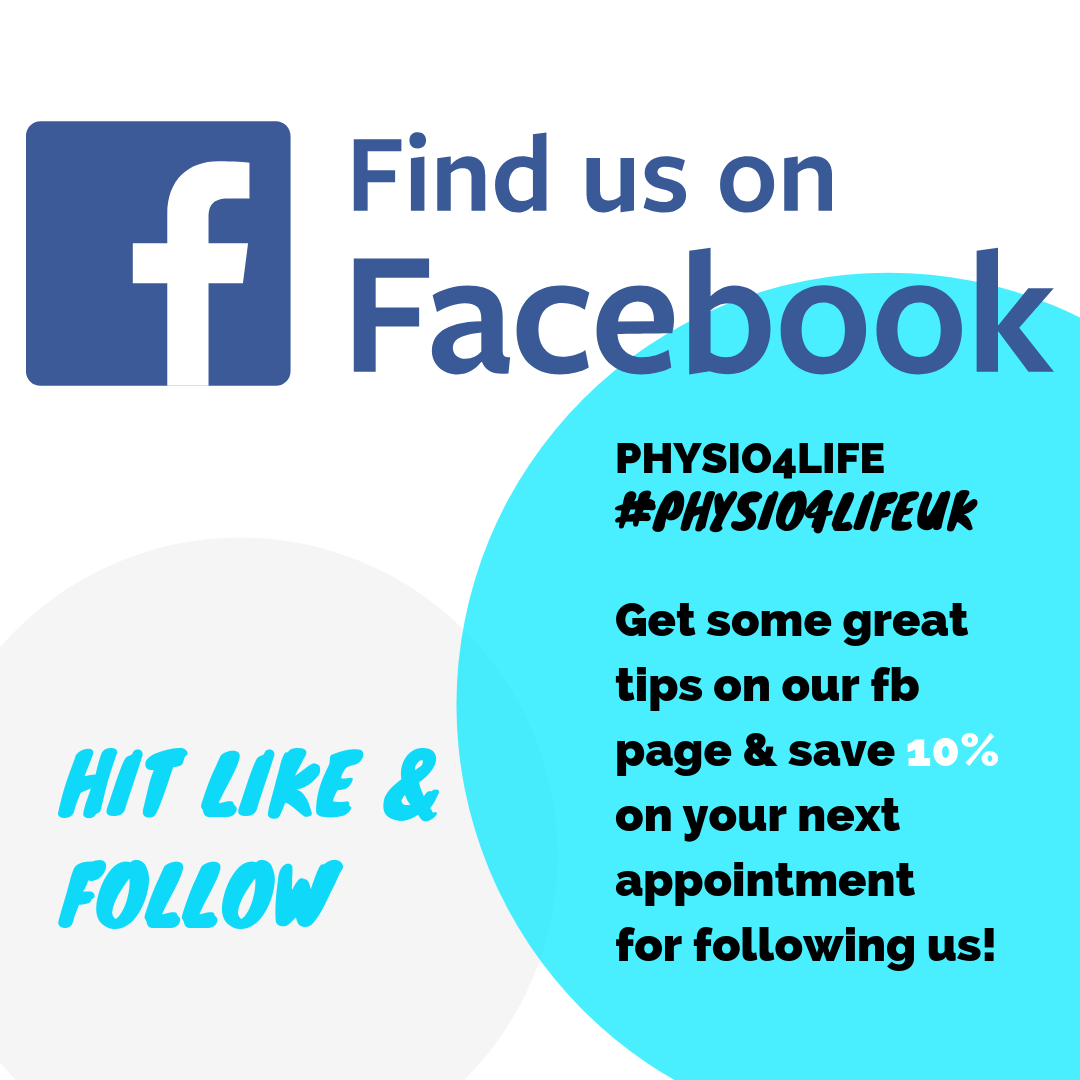
Why Pilates?
Pilates is a great way to build and maintain strength before, during and after pregnancy. Pilates works your whole body focusing on core strength and posture, working your upper and lower back, abdominals and pelvic floor muscles as well as encouraging over all flexibility.
It can be as gentle or as hard as you can manage, and exercises are modified throughout each stage of your pregnancy to target different areas and ensure that you are exercising safely and effectively to benefit both you and your baby.
It is well known that exercise releases endorphins, promoting a feeling of wellbeing and moderating pain. Evidence suggests that women who exercise during pregnancy may be able to cope better with the stress and endurance needed during labour, leading to a shorter and less painful birth, it has also been suggested that foetuses of exercising mothers may tolerate labour better.
Benefits of Pilates during the child bearing year:
- Improved posture and core strength
- Stronger pelvic floor muscles
- Stronger leg muscles to coping with increased body weight
- Upper limb strength helping you to carrying your baby
- Improved breathing control – important during labour
- Better circulation minimising fluid retention
- Maintenance of a healthy weight through your pregnancy
- Improved coordination and balance
- Quicker post natal recovery
Pre-natal Pilates
Pilates during the prenatal period helps your body better adapt to its rapidly changing shape and prepares you for labour.
First Trimester:
During this time you may be feeling unwell and not able to participate in your usual sports. Classes will ensure that you are aware of your spinal position and how to engage your core postural muscles as well as those all-important pelvic floor muscles!!
Second Trimester:
You will be starting to feel your body changing to accommodate the growing foetus, these changes mainly happen around you lower back and pelvic area and can lead to more stress being put through the joints in your lower limbs, making you more aware of your muscles these areas.
Exercises during this period are modified so that you are not lying flat on your back, this is due to possible constriction of blood vessels around your heart. Exercises are performed in side lying or with a wedge behind you.
If you start to experience any pain around the pelvic girdle, particularly at the front of your pelvis at the pubis symphasis, exercises are adapted to ensure that your legs remain in line so as not to increase any stress on this area.
Third trimester
You will be experiencing inevitable weakness of your rectus abdominis known as ‘stretch weakness’. You may be feeling fatigued and breathless with even light exertion due to the increased space taken up by the foetus. During this time Pilates aims to keep you mobile, maintain muscle strength, relieve tension and help you prepare for birth. Side lying becomes a comfortable position to exercise in possibly with pillows between your legs and under your bump.
Your pelvic floor is under increasing stress and training these muscles pre-natally and post-natally helps to reduce the incidence of stress incontinence such as leakage of urine when you cough, sneeze or exert yourself.
Post-natal Pilates
Returning to exercise after having a baby benefits both your physical and mental wellbeing, in fact post-natal exercise has been shown to reduce the incidence of post natal depression. However it is important not to rush back into higher impact exercises, such as running, too soon as you may be vulnerable to injury.
It is advised to wait until your 6 week check-up before starting any form of exercise after the birth of your baby, and method of delivery needs to be taken into account before commencing any post natal exercise. If you had a complicated delivery including C-section, episiotomy or have a diastasis rectus (separation of your rectus muscles) you will need to perform a specially modified Pilates exercise program.
Benefits of Pilates in the post-natal period includes maintenance of upper back mobility with can be prone to stiffness when spending any length of time breastfeeding. Strengthening for your core abdominals and pelvic floor can help to speed up your body’s recovery and help you achieve your fitness and sporting goals.
How do I start?
Physio4Life runs pre-natal Pilates classes as well as 1:1 sessions with our expert trainers. Jenny the Women’s Health Physiotherapist is also trained in pre and post-natal Pilates and can give you a tailored routine to get you started.



